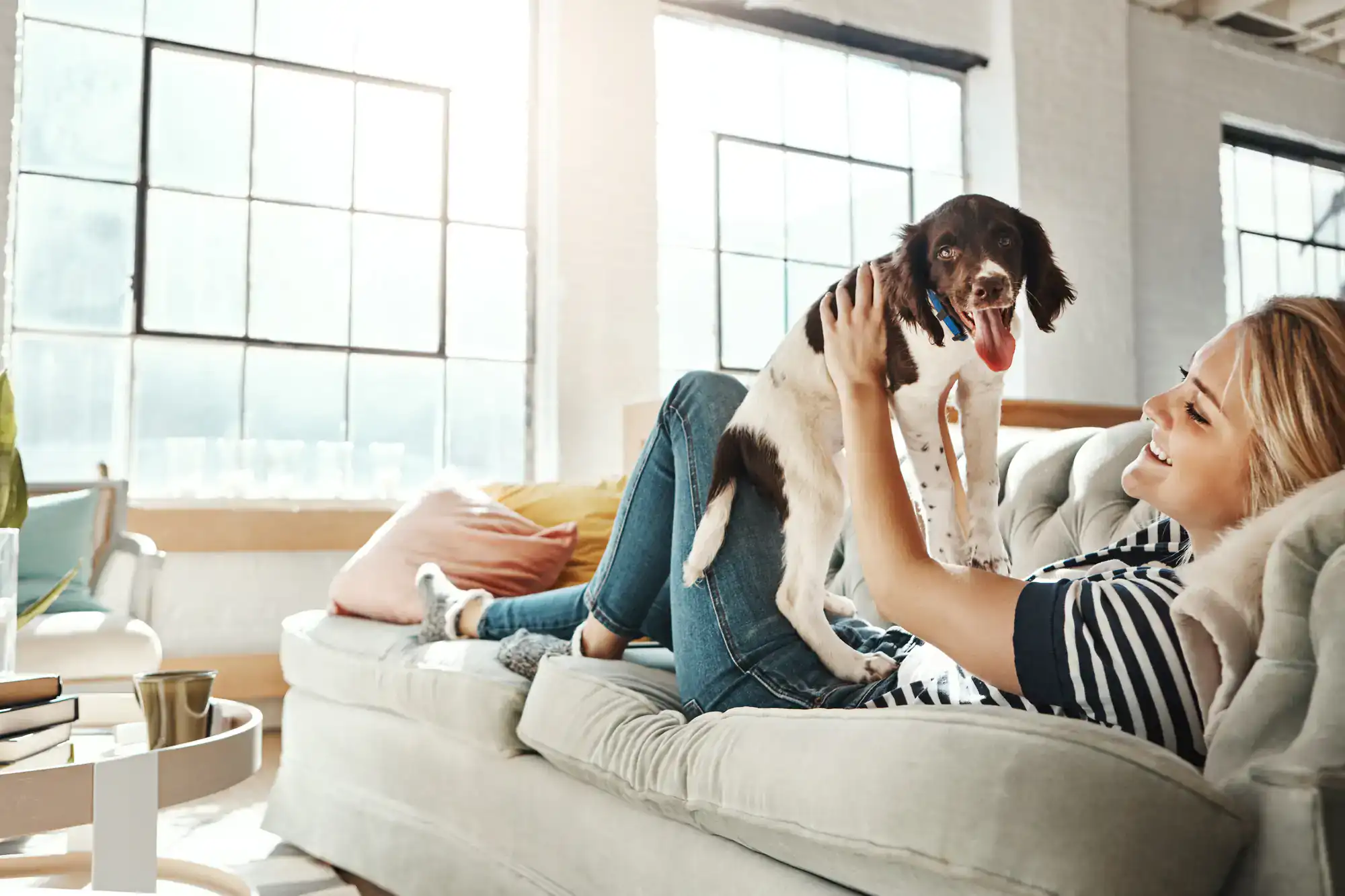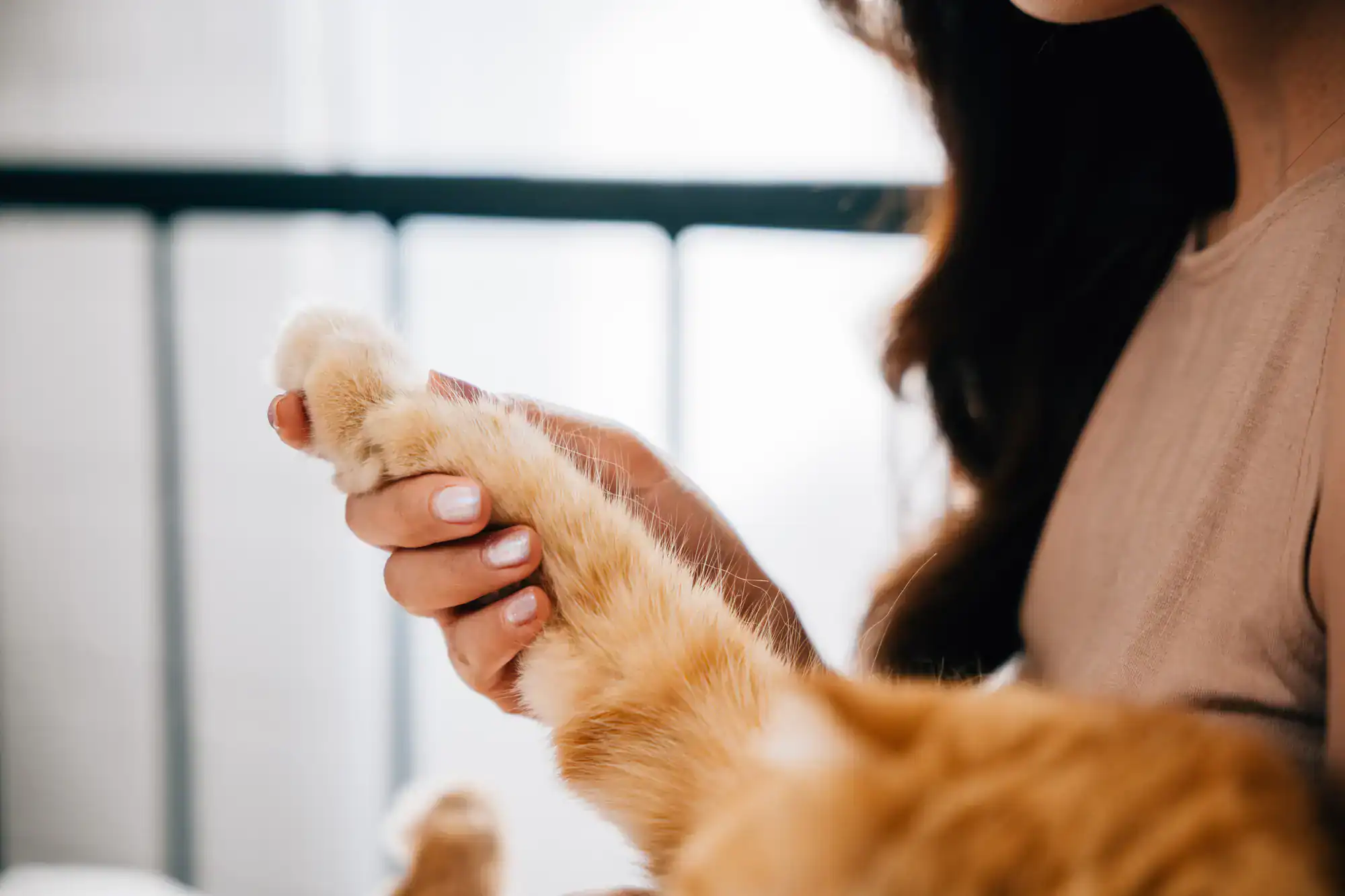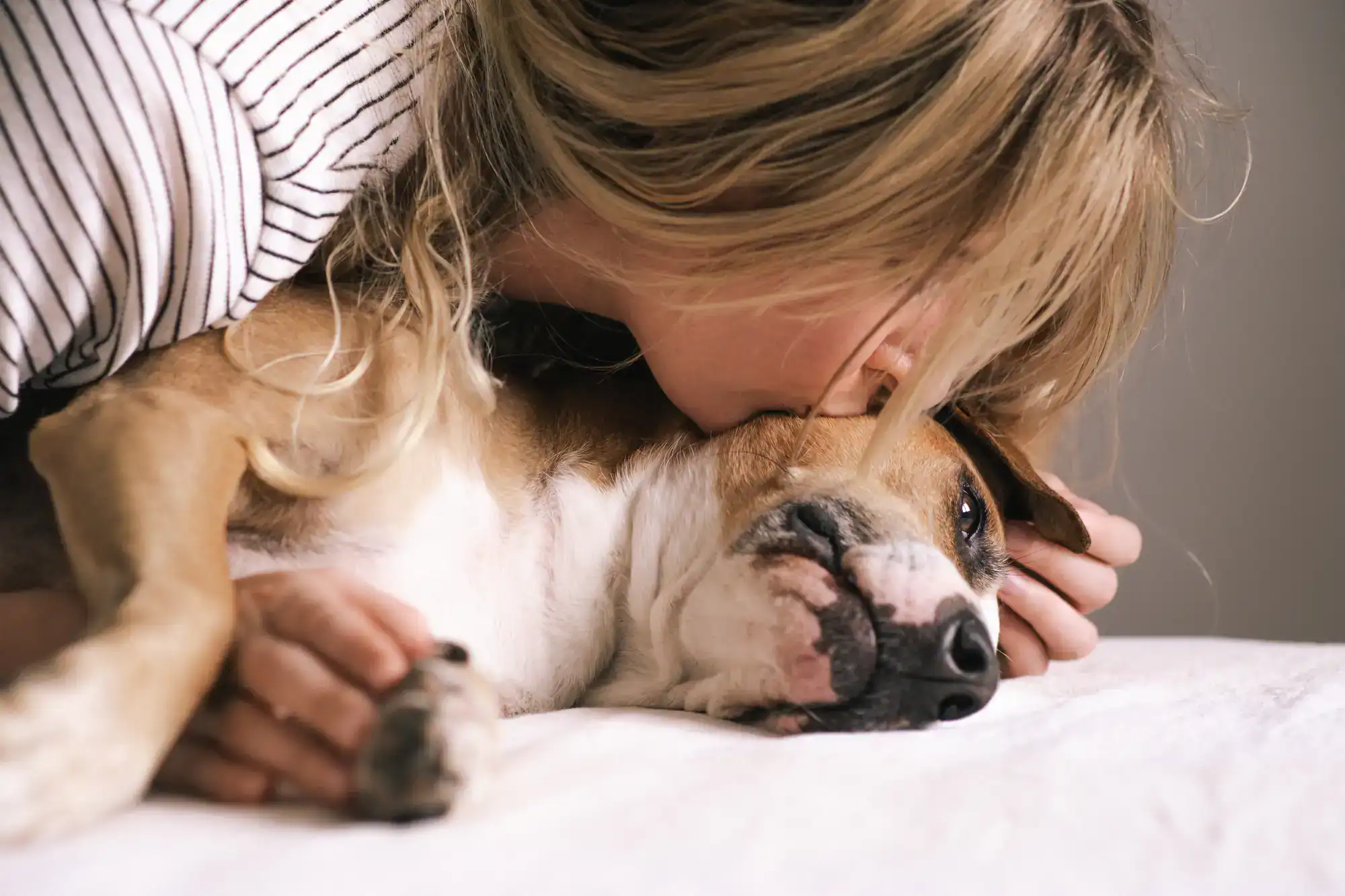Pet Loss Support in South Houston, TX
You Don't Have to Grieve Alone
Compassionate guidance and proven resources to help you heal after losing your beloved companion.

Hear from Our Customers

Coping With Pet Loss Resources
Losing a pet feels like losing family because that’s exactly what it is. You’re not being dramatic. You’re not overreacting. The bond you shared was real, and so is this pain.
What you need right now isn’t someone telling you to “get over it” or “just get another pet.” You need understanding. You need practical guidance from people who’ve walked this path. You need resources that actually help instead of empty platitudes.
That’s what real pet loss support looks like. Not generic advice, but specific tools for the sleepless nights, the empty house, the waves of grief that hit when you least expect them. Support that honors what your pet meant to you while helping you find your way forward.
Pet Grief Counseling South Houston
Angel Oaks Pet Crematory has supported South Houston families through pet loss for over 35 years. We understand grief because we’ve seen it thousands of times, in all its forms.
Our team includes two full-time veterinarians who recognize that losing a pet affects the whole family. We’re members of the American Association for Pet Loss and Bereavement, which means we stay current on the best practices for supporting grieving pet owners.
We serve Harris County’s diverse community, including our significant Hispanic population, with bilingual support when you need it most. Because grief doesn’t wait for convenient hours, and neither do we.

Pet Loss Support Process
First, we listen. Not the polite listening where someone’s waiting for their turn to talk, but the kind where we actually hear what you’re going through. Every loss is different, and your grief deserves to be understood on its own terms.
Next, we connect you with resources that match where you are right now. Some people need immediate coping strategies for the first few days. Others need help explaining pet loss to children. Some want memorial options to honor their pet’s memory.
We provide ongoing support through our grief counseling resources, including materials from the American Association for Pet Loss and Bereavement. You can access these at your own pace, when you’re ready. There’s no timeline for grief, and there shouldn’t be pressure to “move on” before you’re ready.

Ready to get started?
Pet Bereavement Support Services
Our pet loss support includes access to grief counseling resources specifically designed for pet owners. These aren’t generic grief materials adapted for pets—they’re created by experts who understand the unique bond between people and their animals.
You’ll receive guidance on common grief stages, practical coping strategies, and help navigating difficult decisions about memorials or bringing new pets into your home. We also provide resources for children experiencing pet loss, because kids process grief differently than adults.
For South Houston families, we understand the cultural aspects of pet loss in our community. Many of our Hispanic families view pets as spiritual family members, and our bilingual resources honor these beliefs while providing culturally sensitive support throughout the healing process.

How long does pet grief typically last?
Is it normal to feel this devastated over a pet?
Should I get another pet right away to help with the grief?
How do I help my children cope with our pet's death?
What if I feel guilty about my pet's death?
Are there support groups for pet loss in South Houston?
Other Services we provide in South Houston
